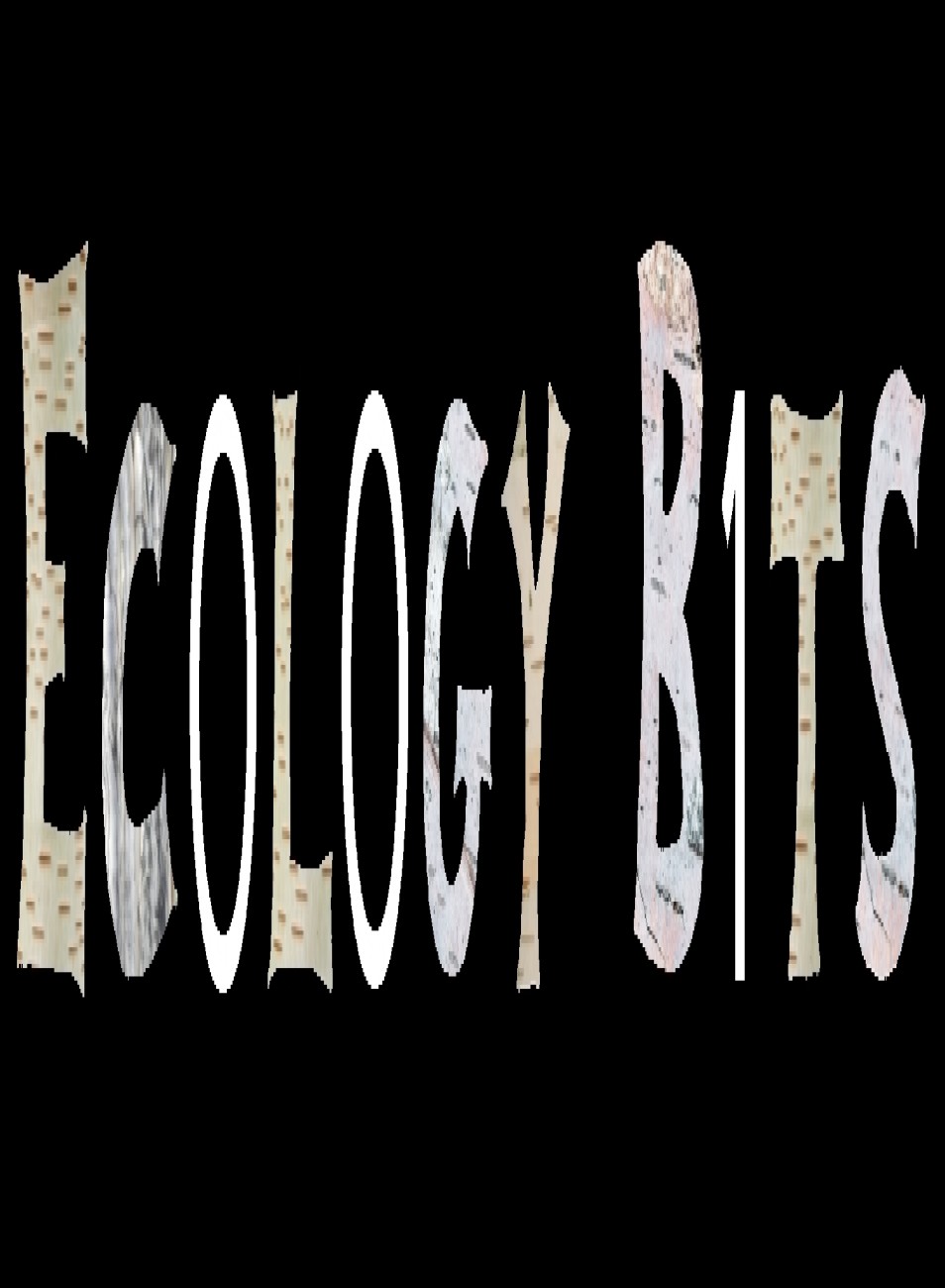This is the year — the first year I’d be applying for faculty jobs, if I wasn’t so adamant about not relocating. I finally have first-author papers, the last checkbox to check on an otherwise pretty decent CV. [1] The trouble with doing too many things is not finishing any of them. I had too many projects plus birthed two babies. (Okay, the birthing does get done, whether it’s your top priority or not!) In 2016, I’ll have had my first three first-author papers published: one from grad school, one from my first postdoc, and one independent. But by the end of 2016, I’ll be three years post-PhD… Even if I was willing to relocate (and I have to say, some of those job announcements are tempting), I’m not entirely sure I’d want to pursue the academic track. Over the years, I’ve befriended a number of junior faculty. And honestly, I’m not sure I want to live like them.
But I think it’s always good to be prepared and keep doors open, if doing so isn’t too costly. So last week, when there was a “how to apply for academic jobs” panel, I went. Just to see. I actually did send a long-shot application for a tenure track position several years ago, and I read a ton of job-seeking advice on the internet at the time. I wanted to see what more this panel could offer. Was there advice that no one was willing to commit to the Internet?
Here are the things I took away that were new to me (someone who has never really been on the job market, but is familiar with the standard set of advice you can find online), with the caveat that the panel consisted of folks who ended up securing tenure track jobs at Harvard [2] which likely means some sort of bias:
- Applying for jobs is wildly different in different fields. I guess I sort of knew this. But it’s super important that when you find Internet advice, that it makes sense for your field! The panel was six assistant professors in the fields of EEB, EEB, physical anthropology, mathematics, biomed, and applied math. For the latter three, “going on the job market” was a single-year endeavor that entailed sending applications to many tens of institutions. The mathematician and his wife, trying to solve the two-body problem, sent off a combined 100 applications! All three got many interviews and multiple job offers. For ecology and its sister fields, “going on the job market” meant (for 2 of 3 panelists) a multiple-year search consisting of sending out a dozen or two applications per year to targeted positions. (The final panelist applied for just the job at Harvard, because she didn’t think she was ready to be on the job market, but the job description fit her perfectly and some mentors convinced her to apply.)
- Five out of six said that being completely geographically open and completely open to the idea of institutions you might be skeptical about is necessary to get a good offer. The sixth decided she wanted to be geographically constrained and was happily willing to leave academia if she couldn’t get a job in the right (large) area. I pretty much never hear of this latter perspective, but it makes a lot of sense.
- All six agreed that you shouldn’t tailor your research or teaching statements to the institutions you’re applying to. They’re about you and not the job opening. The cover letter can be a little bit customized — one panelist suggested a single paragraph that can be changed to talk about how you see yourself fitting in at that institution. (FWIW, a panel of four assistant professors the week before advised the exact opposite: that you should tailor all your materials for each application.)
- All six agreed that being on the job market can be like a full-time job and is not fun, and that you need to have the support of whoever is paying your paycheck during this time.
- For interviews, you shouldn’t ask too many questions. That is, sure, ask some questions to show that you’re really interested, but you don’t need to ask about all the little diddly details until you get an offer. And if you’re asking so many questions that the people interviewing you don’t feel like they get a chance to ask you questions, you’re doing it wrong. Related, don’t make it look like you’re interviewing the university. Of course, you want to know if it would be a good fit for you, but if you come across as “I’m interviewing you, too!” then you’re going to be seen as a bit stand-offish. The way you want to be seen is likable. These people aren’t just evaluating your research; they have to decide if they want to be around you for the next couple decades.
- If you are a member of a group against which there are implicit biases, know these biases and play against them. For example, one panelist mentioned that, as a woman, she would never bring up teaching when interviewing at R1 institutions, although she was ready to talk about teaching if someone else brought it up.
Know of any applying-and-interviewing-for-faculty-jobs tidbits that you don’t regularly see online?

4 pings